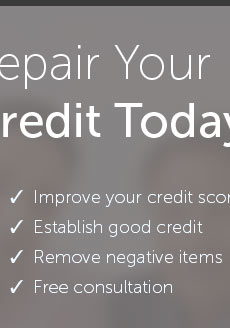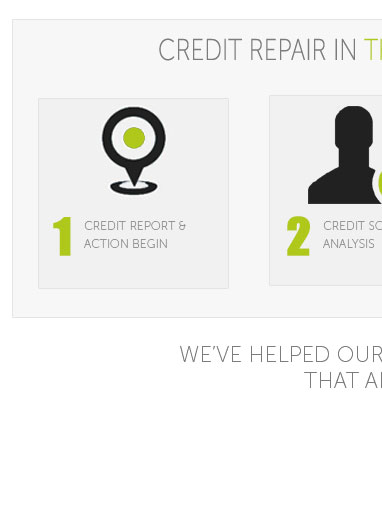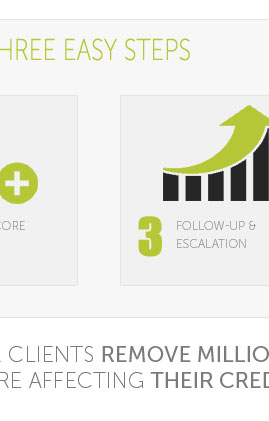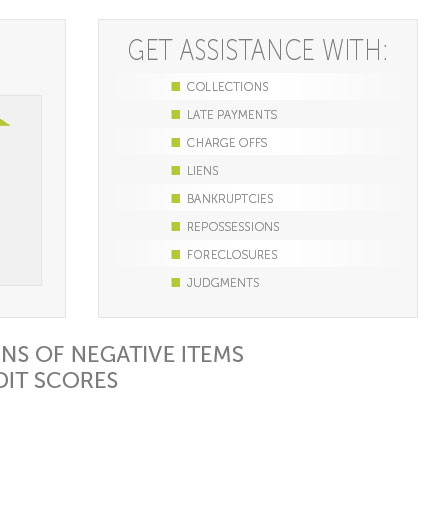 |
|||
|---|---|---|---|
 |
 |
 |
|---|---|---|
 |
||
 |
 |
 |
 |
|---|---|---|
 |
Unlock your financial freedom with our cutting-edge credit repair services that transform your credit score faster than you ever imagined; forget the endless waiting and frustration of traditional methods, because our expert team combines personalized strategies, advanced technology, and insider knowledge to tackle errors, negotiate with creditors, and empower you with actionable insights, putting you on the fast track to a stellar credit profile and opening doors to the life you deserve-seize the opportunity to redefine your financial future today!
https://www.usa.gov/credit-score
Ways to improve your credit score - Paying your loans on time - Not getting too close to your credit limit - Having a long credit history - Making ...
Ways to improve your credit score - Paying your loans on time - Not getting too close to your credit limit - Having a long credit history - Making ...
https://www.equifax.com/personal/education/credit/score/articles/-/learn/raise-credit-scores-fast/
Lowering your credit utilization ratio will often boost your credit scores, especially if your starting point is above the ideal 30% mark.
Lowering your credit utilization ratio will often boost your credit scores, especially if your starting point is above the ideal 30% mark.
https://bettermoneyhabits.bankofamerica.com/en/credit/how-to-improve-your-credit-score
The best practice is to pay your credit card bills in full every month. If you can't, pay as much as possible. Try to keep your credit utilization rate below ...
The best practice is to pay your credit card bills in full every month. If you can't, pay as much as possible. Try to keep your credit utilization rate below ...